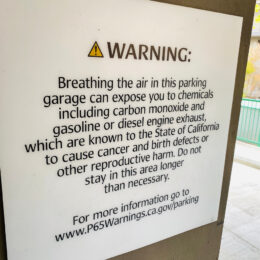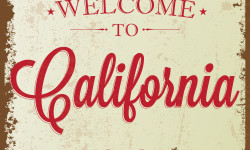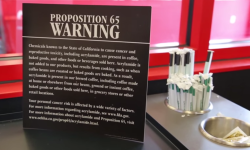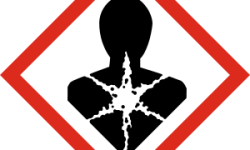Prop 65 Lands California on List of “Judicial Hellholes”

The endless frivolous lawsuits brought forward under California Proposition 65 have landed the state as a top “Judicial Hellholes,” a list created by the American Tort Reform Foundation.
Prop 65 was voted into law via referendum in 1986. The supposed goal of the legislation was to protect Californians from potential carcinogens in the drinking water, but it quickly spiraled out of control. It created a new bureaucracy that policed chemicals not just in drinking water, but in everyday products. This by itself isn’t necessarily a bad thing. But the bureaucracy set the bar so low that even trace amounts of substance–too low to affect human health–suddenly became opportunities for private lawyers to shakedown companies for not having warning labels about exposure to these minuscule amounts.
Attorneys racked up millions by filing Prop 65 lawsuits against any product they could find, including flip-flops, coffee, and toothbrushes. Companies, who spend millions of dollars defending these lawsuits and paying out settlements, are forced to issue ridiculous warnings to consumers. Everything from parking garages to Christmas tree lights has a warning label.
These lawsuits don’t come cheap. There were 613 Prop 65 claims brought forward in 2019 in California totaling more than $12.7 million in settlements. (Roughly 90 percent of that money, $11.2 million, went to the trial attorneys.) Taxpayers also feel the burden of Prop 65. Californians pay an average of $594.74 in so-called “tort taxes” to fund the time wasted in courtrooms over Prop 65 cases. The policy also kills an estimated 242,761 jobs per year.
There is some hope for Californians, however.
The Office of Environmental Health Hazard Assessment (OEHHA), the agency that oversees Prop 65, implemented two amendments to the policy this year that could favor the public, depending on how they are interpreted by the courts. The first amendment scaled back how companies are required to present their Prop 65 warnings while the second amendment allowed companies outside of California to remove the warnings from their products as long as the in-state retailers included the warning in California.
There were also some major wins for businesses in California.
A federal judge overturned a 2017 ruling that mandated that Bayer RoundUp include a warning stating that it contains glyphosate, a chemical “known to the state of California to cause cancer.” The problem, however, was that glyphosate has only been found to be a “probable carcinogen” in one study. There are hundreds of studies that have determined that glyphosate does not cause cancer.
The judge determined that, even in the one study that found glyphosate a “probable carcinogen,” there was no evidence that it was a “known” carcinogen, as the Prop 65 label suggested. The judge struck down the label because it misled the public about an otherwise safe product.
Starbucks won a similar victory after the Los Angeles Superior Court determined that acrylamide, a chemical released during the roasting process of coffee beans, does not cause cancer.
Even with these changes, Prop 65 continues to be a policy that needlessly scares consumers about products that are overwhelmingly safe to consume at the cost of millions of dollars (and thousands of jobs) per year.
For more information on the damage caused by Prop 65, please visit our YouTube channel.





